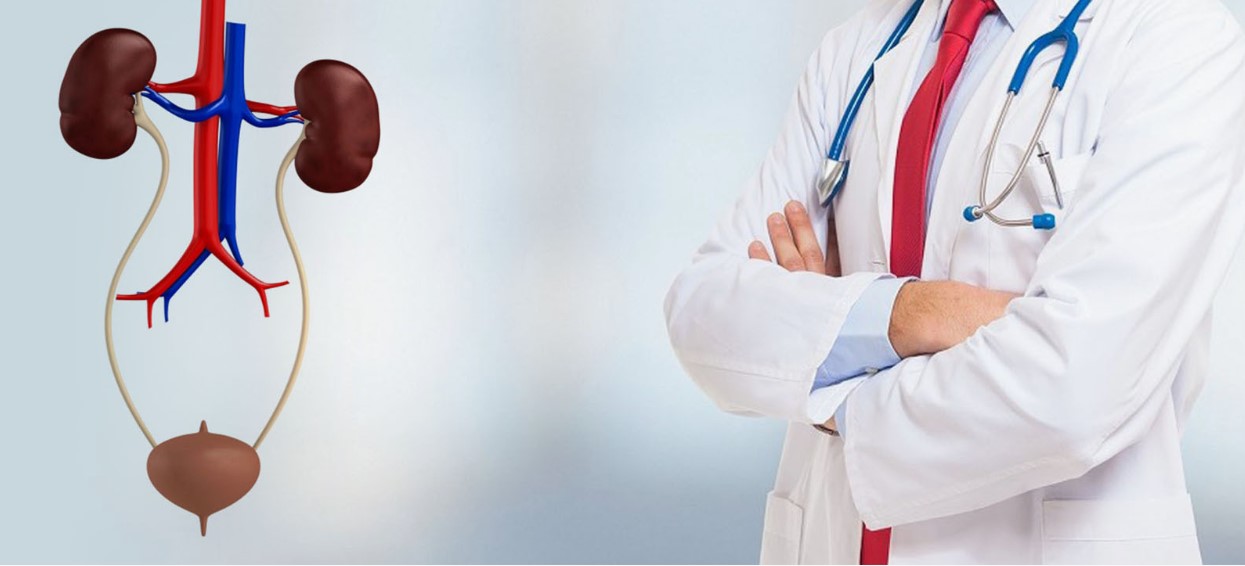Our urinary system plays a crucial role in keeping our bodies balanced and healthy, yet most people only consider visiting a urologist when faced with severe discomfort or noticeable issues. But waiting too long to address urinary problems can lead to serious health complications. Recognizing the signs that indicate you should see a urologist, especially when symptoms first arise, is essential for maintaining urinary health and preventing conditions from worsening. Urology Partners of North Texas emphasizes the importance of regular check-ups, offering a specialized approach to diagnosing and treating urological issues.
Persistent Pain in the Lower Abdomen or Back
Pain in the lower abdomen or back could be a sign of various urological conditions, including kidney stones, urinary tract infections (UTIs), or even bladder and kidney cancers. While general aches and pains may resolve on their own, persistent or intense pain should be evaluated by a urologist, especially if it’s accompanied by other symptoms like fever, nausea, or frequent urination. Urology Partners of North Texas specializes in identifying the root causes of such discomfort, ensuring that patients receive an accurate diagnosis and effective treatment.
Blood in Urine (Hematuria)
One of the more concerning signs that you need to visit a urologist is finding blood in your urine. Even if it’s a small amount, blood in the urine, known as hematuria, can indicate a range of serious conditions, from kidney infections and bladder infections to more severe issues like bladder or kidney cancer. Blood in urine may appear red, pink, or brown, depending on the amount and cause. It’s crucial not to ignore this symptom, as early detection can make a significant difference in outcomes.
Frequent Urination or Urinary Incontinence
If you find yourself rushing to the bathroom frequently, especially if it disrupts your daily life or sleep, this could be a sign of an underlying urological condition. Frequent urination, particularly if accompanied by pain, burning, or incontinence, may indicate a bladder infection, overactive bladder syndrome, or other bladder-related conditions. Urinary incontinence, which is a loss of bladder control, may occur due to weak pelvic muscles, neurological issues, or prostate problems in men. A urologist can help diagnose the cause of frequent urination and offer treatments to manage or correct the condition. Visit: bloggingleads.com
Difficulty Urinating
Experiencing a delay or difficulty in starting urination, weak urine flow, or feeling as though you cannot empty your bladder entirely are also signs you should see a urologist. These symptoms may be linked to an enlarged prostate in men or other conditions affecting the bladder or urethra. Left untreated, these issues can lead to bladder infections, urinary retention, or even kidney damage. Seeking prompt care from a urologist can prevent complications and improve quality of life.
Recurring Urinary Tract Infections (UTIs)
While a single UTI may not always necessitate a visit to a urologist, recurring infections indicate that something deeper may be wrong. UTIs that occur frequently can signal an abnormality in the urinary tract or a problem with bladder emptying. These infections, if left unchecked, may spread to the kidneys and cause further complications. A urologist can perform tests to identify the root cause of recurrent UTIs and provide a tailored treatment plan to prevent future infections.
Erectile Dysfunction (ED)
For men, erectile dysfunction can be a sensitive and challenging issue to discuss, but it’s a common problem that often has a urological cause. ED can be linked to various underlying conditions such as cardiovascular disease, diabetes, or hormonal imbalances. Urologists are trained to assess and treat ED by identifying its root cause and offering treatments, which may range from lifestyle modifications and medications to specialized procedures.
Male Infertility
Male infertility affects millions of men and can be due to various causes, including low sperm count, poor sperm quality, or structural issues in the reproductive system. Urologists who specialize in male infertility can evaluate and treat these issues, offering options like hormone treatments, surgery, or assisted reproductive techniques. If you and your partner have been trying to conceive without success, it may be time to consult a urologist for a thorough evaluation.
Testicular Pain or Swelling
Pain, discomfort, or swelling in the testicles is not normal and warrants prompt attention. These symptoms can result from a variety of conditions, such as testicular torsion, infections, or in rare cases, testicular cancer. Ignoring testicular pain can lead to complications, including the potential loss of the affected testicle. A urologist can quickly diagnose the cause of pain or swelling and recommend the appropriate treatment to protect your health.
Loss of Bladder Control
Loss of bladder control, or urinary incontinence, can occur in both men and women and can significantly impact daily life. Whether due to age, childbirth, surgery, or other health conditions, urinary incontinence can often be managed or treated. Urologists have the expertise to determine the type of incontinence and recommend treatments, which may include exercises, medications, or surgical procedures to regain control over bladder function.
Changes in Urine Color or Odor
While diet and hydration levels can affect urine color and odor, noticeable changes can sometimes signal an infection or other medical condition. If your urine consistently appears dark, cloudy, or has an unusual odor despite drinking plenty of water, it may be time to visit a urologist. These symptoms could indicate a UTI, dehydration, or even liver or kidney issues that require medical attention.
Swelling or Pain in the Lower Abdomen or Pelvic Region
Swelling or persistent pain in the pelvic area can be related to bladder infections, prostate issues, or pelvic floor disorders. Pelvic pain should not be ignored, especially if it interferes with daily life or is accompanied by other symptoms like urinary urgency, difficulty urinating, or discomfort during sexual activity. Consulting a urologist can help identify the cause and provide relief from pain and discomfort.
Conclusion
Recognizing the signs that indicate you should see a urologist can make a significant difference in your health and quality of life. Ignoring symptoms like pain, urinary changes, or reproductive health issues only allows them to worsen, often leading to more complex treatments later. Urology Partners of North Texas offers expert care and advanced treatments tailored to each patient’s needs. If you experience any of the symptoms discussed, don’t hesitate to consult a professional. For more information or to schedule a consultation, visit upnt.com.




